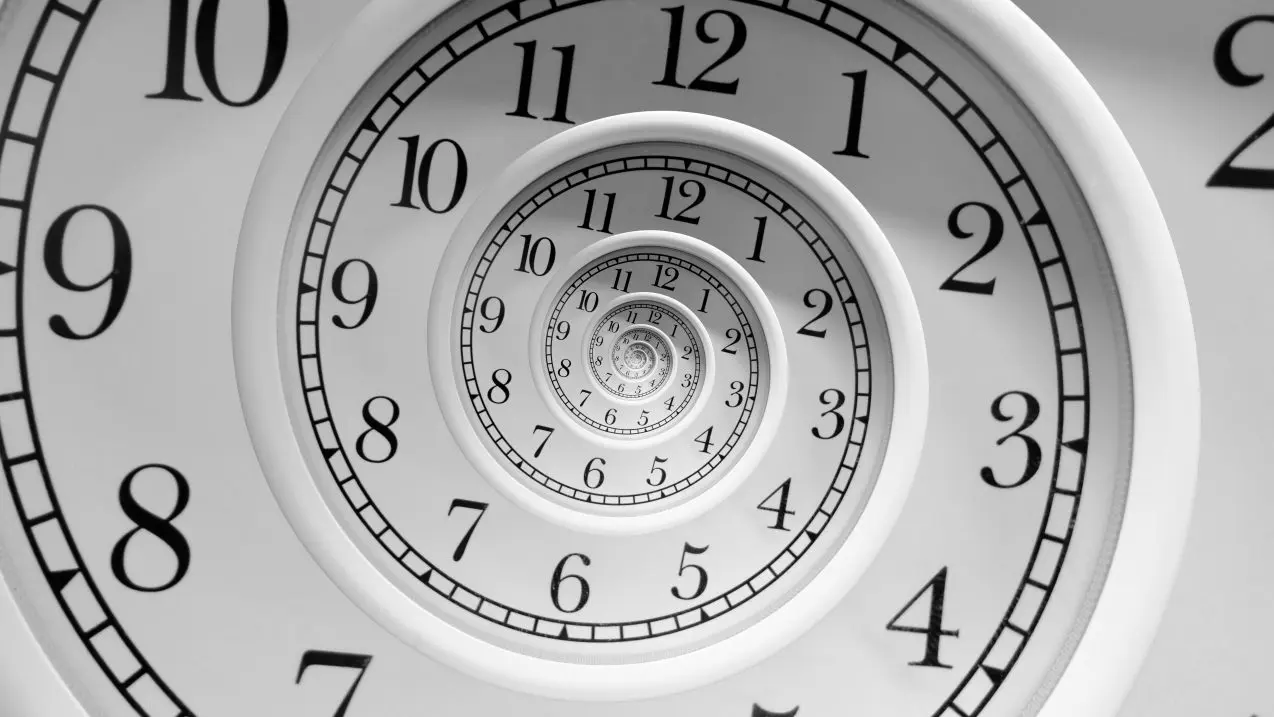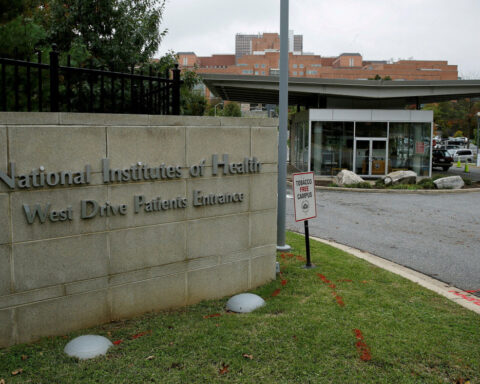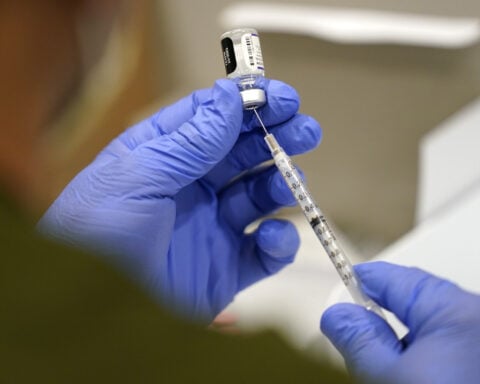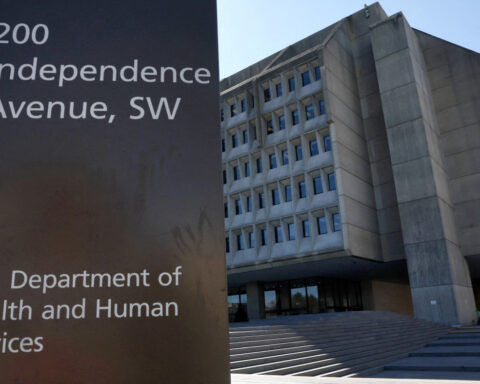The COVID-19 pandemic threw off everyone's life, but it was especially hard for people in their late 20s and early 30s, as goals and plans were delayed or abandoned due to lockdowns. This sense of falling behind is referred to as a "quarter-life skip" by psychologists.
Dubbed the “pandemic skip,” the phenomenon describes a sentiment especially acute among teens, 20-somethings, and 30-somethings – that lockdowns slammed brakes on growing up itself. According to psychologists, this view is based on reality: without those happy events that shape adulthood, important stages of growth would have stayed dormant.
“I’m 26 but feel 23,” one typical TikTok user captures the COVID time warp’s unease. She figured feeling younger was tied to personal issues, only realizing the pandemic itself hit a pause on coming of age. Such arrested development echoes through extensive online testimonies.
British psychologist Dr. Nova Cobban says the "skip" is caused by the idea that years pass slowly without any new changes or stimuli, giving most normal stages a shape. Feelings of holding onto youth are made worse by worries about how quickly time passes. However, the main reason is that they didn't grow during the lockdown.
“There is a sense of disconnection between the stage of our lives we feel we are at and the reality of the age and stage we are in,” said Cobban. Days bled into weeks bereft of distinguishing events. Now, outside-world engagement resumed, and many have felt like they are playing catchup ever since.
Research affirms the lockdown’s psychological development impacts. A 2022 study found traits that mature through life experience – like responsibility – regressed in young adults amid isolation. On the other hand, neurotic worry increased during the years that have since passed, which were normally paced.
Cobban thinks that such reversals don't have to mean disaster; they could just be signs of hard years that cause real mental displacement. As society settles into a post-pandemic phase, the gap between lived age and "skipped" development can naturally close. Holding on to trouble only makes the gap bigger.
But questions will always remain about how smoothly psychic balance was restored after an event that had never happened before. School counselors are already seeing troubling trends in students who are having trouble following basic rules of behavior. This is likely related to the interruptive 2020-2022 section.
Workplaces likewise wrestle with lingering pandemic impacts like expectations for remote flexibility even as offices reopen. Younger managers report leadership gaps as on-the-job seasoning stalled amid virtual workflows minus interpersonal mentoring.
Dating apps overflow with delayed adult milestones around relationships and family formation. These are not lost years physically but years in terms of growth. Teenagers' worries and feelings of isolation often last into their late 20s and early 30s. People who have "Skip" worry that they will run out of biological space.
Some experts say it makes more sense to deal with the age gap threats that certain groups face than to ignore the gaps. Customized coaching and therapy could help with the growing pains that are still there after the unplanned break from the pandemic.
Progress takes patience - with ourselves and society's transitions. Understanding the pandemic's disruptions can ease anxieties about aging “off track.” Life resumes in time. Our collective resilience determines the timeline, not rigid expectations.

 Trump has begun another trade war. Here's a timeline of how we got here
Trump has begun another trade war. Here's a timeline of how we got here
 Canada's leader laments lost friendship with US in town that sheltered stranded Americans after 9/11
Canada's leader laments lost friendship with US in town that sheltered stranded Americans after 9/11
 Chinese EV giant BYD's fourth-quarter profit leaps 73%
Chinese EV giant BYD's fourth-quarter profit leaps 73%
 You're an American in another land? Prepare to talk about the why and how of Trump 2.0
You're an American in another land? Prepare to talk about the why and how of Trump 2.0
 Chalk talk: Star power, top teams and No. 5 seeds headline the women's March Madness Sweet 16
Chalk talk: Star power, top teams and No. 5 seeds headline the women's March Madness Sweet 16
 Purdue returns to Sweet 16 with 76-62 win over McNeese in March Madness
Purdue returns to Sweet 16 with 76-62 win over McNeese in March Madness








